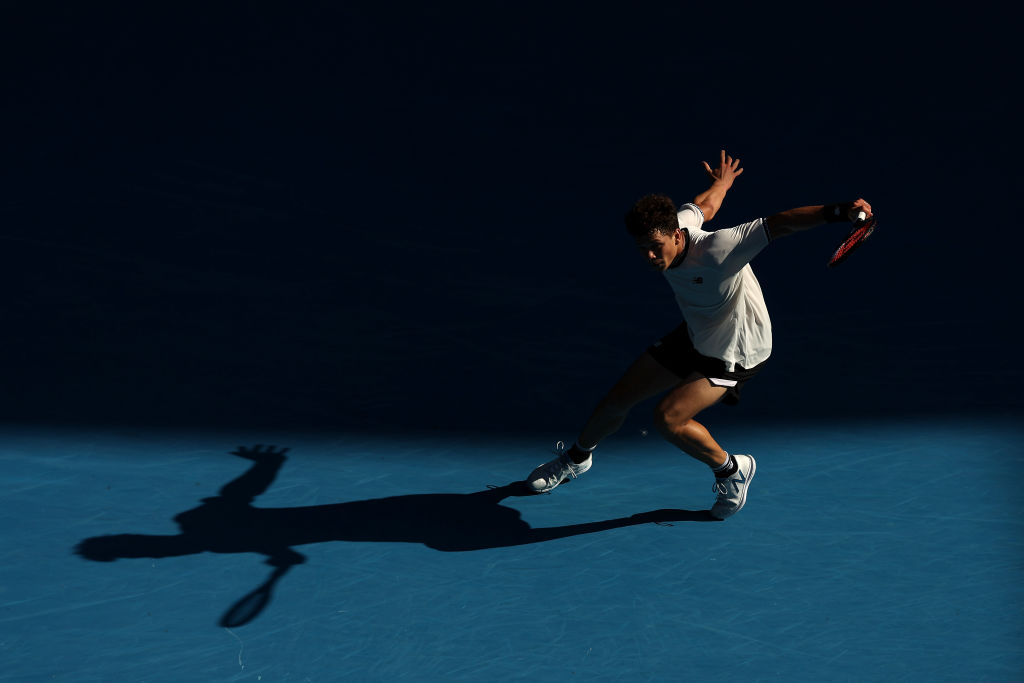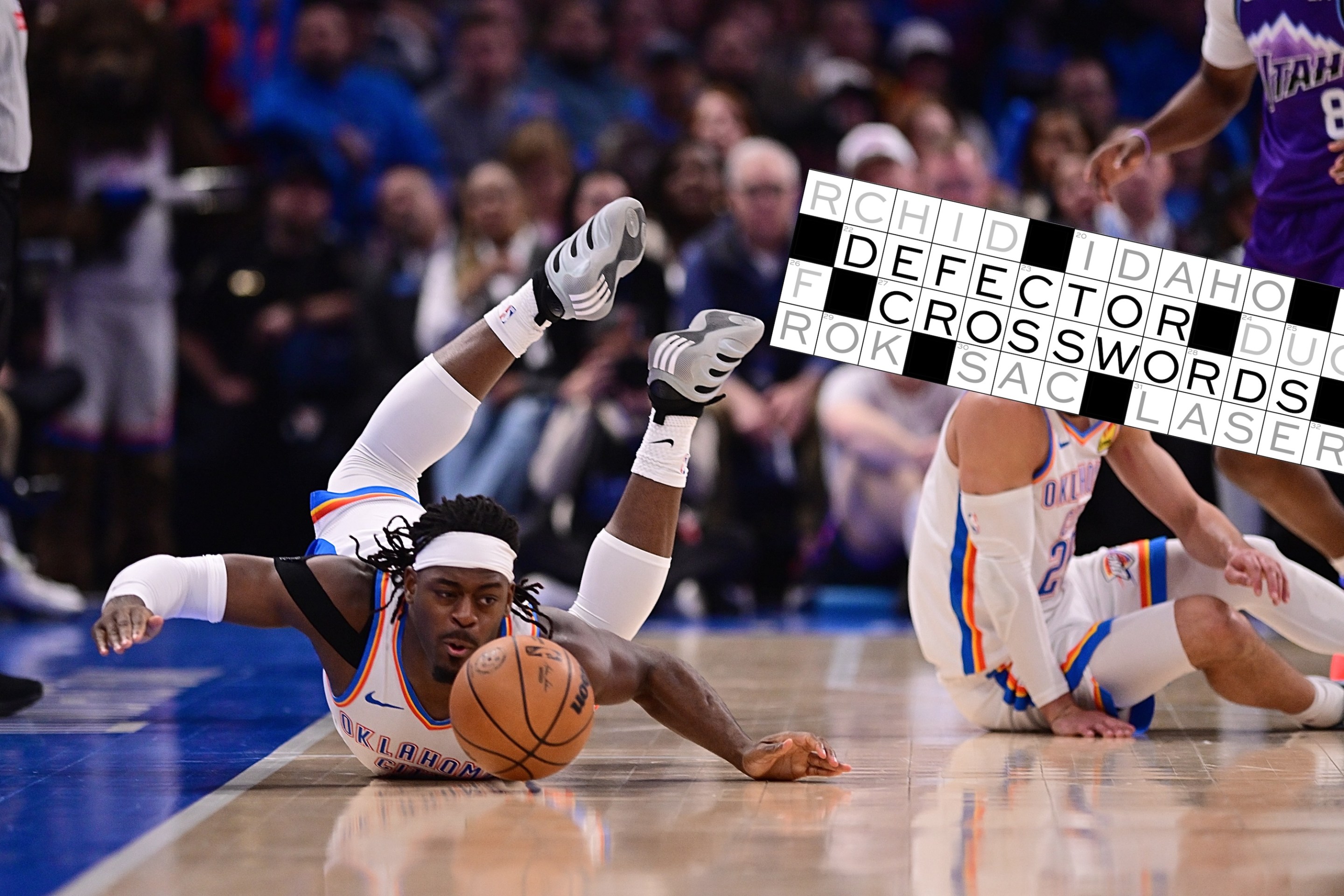Everything's moving fast for Ben Shelton. When we checked in last August, the young American had just beaten the No. 5 player in the world—a rather clammy Casper Ruud—and was deciding whether to forfeit his NCAA eligibility. Then came the verdict: no college.
Next was a trip to U.S. Open, his first major tournament, as a wild card. I spoke to Shelton a few days after he lost his first-round match there; he said he was headed for a month-long training block before competing in Challengers, which are a rung below the pro tour. The feedback was immediate: Shelton won three Challenger titles in three weeks, becoming the first player ever to do so, and broke into the top 100 before year's end. At the start of this season, it was time for him to head to Australia and compete in his second-ever major tournament. Again with the instant success: The 20-year-old reached the Australian Open quarterfinal. Shelton lost that match on Wednesday, to fellow American Tommy Paul, 7-6(6), 6-3, 5-7, 6-4, but his career is moving faster than the most optimistic onlookers might have expected. He hadn't left the United States before this trip.
The 6-foot-4 Shelton, an absolute unit whose lively lefty style induces smiles in viewers (and just as often, in himself), was one of four American men to enter the fourth round, and one of three to enter the quarterfinals. He was far from the most likely of his cohort to make a deep run. No. 8 seed Taylor Fritz and No. 16 seed Frances Tiafoe, both of whom convincingly got their shit together last season, spun out in the second and third rounds, respectively. (An ongoing meme insinuates that Fritz's participation in the recent Netflix show doomed him, along with a few others.)
Shelton benefited from an unusually soft path at this Open, coming across no seeded players, and until the quarterfinal, no players ranked inside the top 60. His most impressive victory along the way was a straight-set win over an in-form Alexei Popyrin, the Aussie who'd picked up two wins over top-10 players this month. Zooming out, Shelton shouldn't expect future majors to feel this smooth, but his job is only to play to guy in front of him, and the tennis he produced was spectacular.
If it wasn't already conclusive when he went punch-for-punch with John Isner in Atlanta last year, it's clear now: Shelton has one of the biggest serves of his generation. Before Paul broke in the second set of their quarterfinal, Shelton had won 68 consecutive service games at the Australian Open. He also holds the record for the single fastest serve at this tournament, at 228 km/hr (142 mph). Unlike most players with serves that dominant, Shelton can really move, scramble, and improvise. Like most players with serves that dominant, his return game is in need of dire rehabilitation. But in the meantime, the constant tiebreaks suit him fine. His athleticism gives him greater upside than the usual serve-and-forehand mashers—he can win points in multiple ways, rather than a few obsessive patterns—and it's much easier on the eyes, too.
A haul of rankings points from a major tournament can financially and logistically transform any young career. This Australian Open run will push Shelton inside the top 50 in the world, and grants him entry into pretty much any tournament he might like to play this season. His tennis prospects are unrecognizable from what they were last summer, when he was deciding what to do about college—he now takes online courses towards a business degree—and he's still just a few months into his professional life. Shelton said after his loss that he's looking forward to hitting the red clay "to use the higher bounces to my advantage, moving, sliding." The grass season is an even more obvious fit for his game. Realistically I don't suspect he'll have another major quarterfinal run in him for a while, but he'll back eventually, and last year's decision only looks smarter with every passing week.






